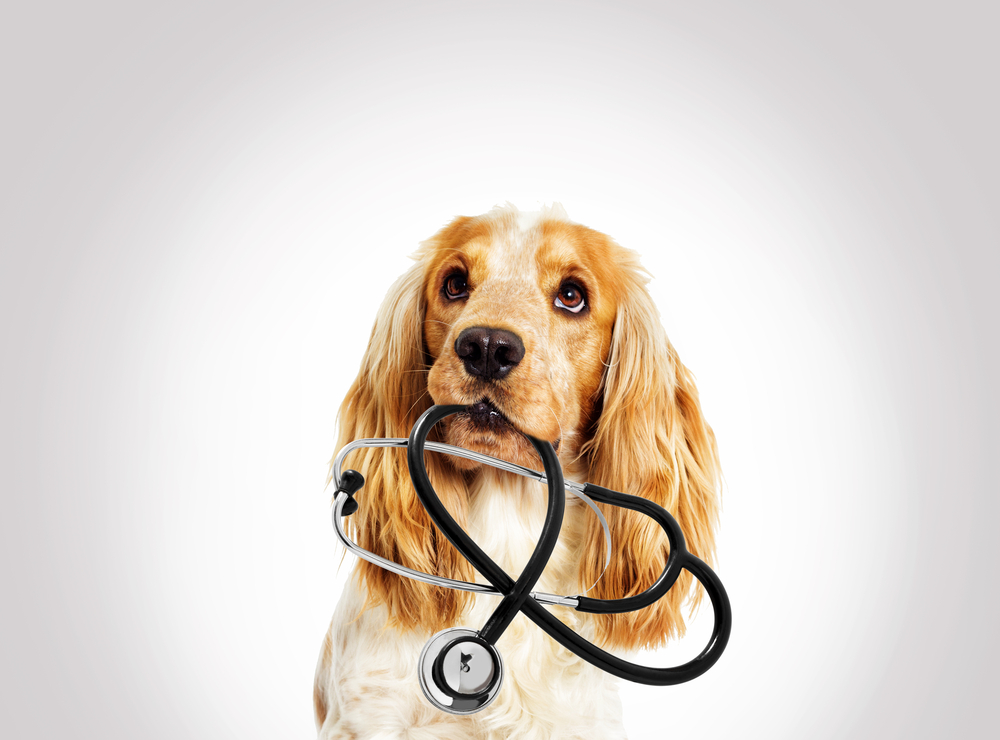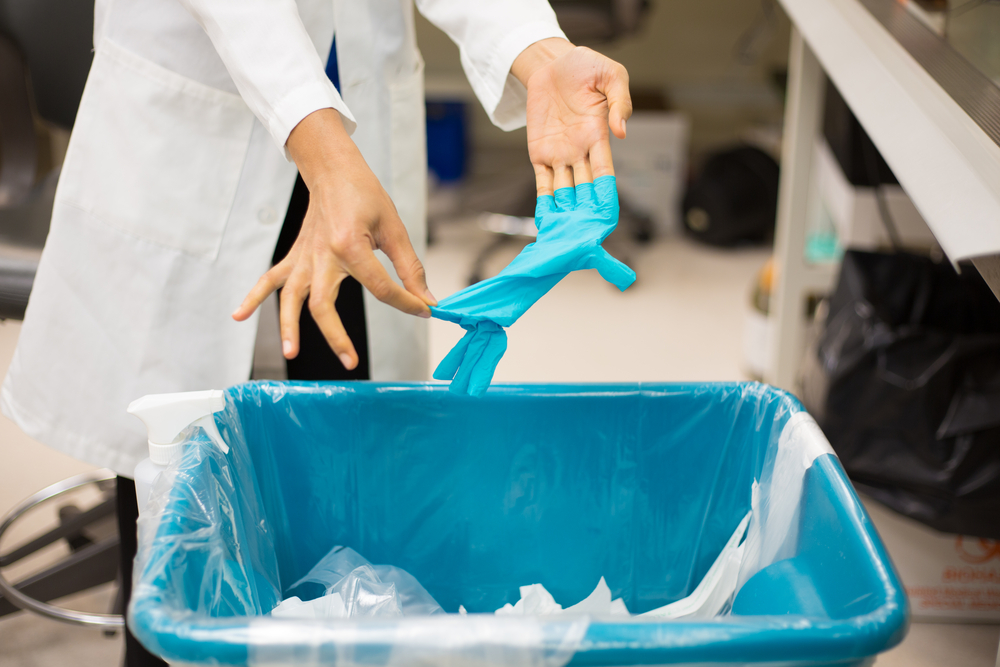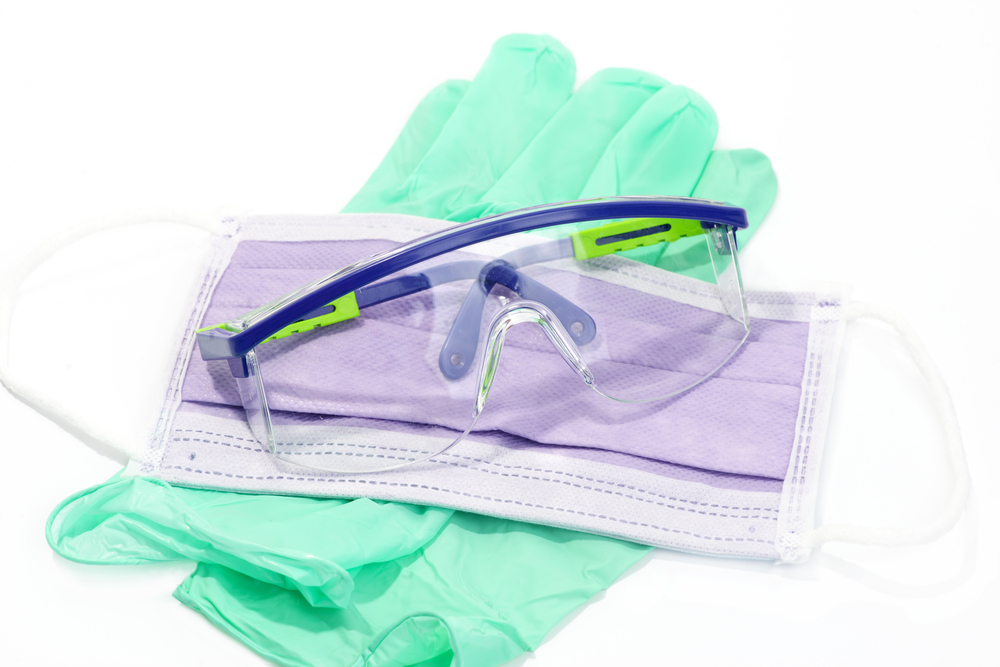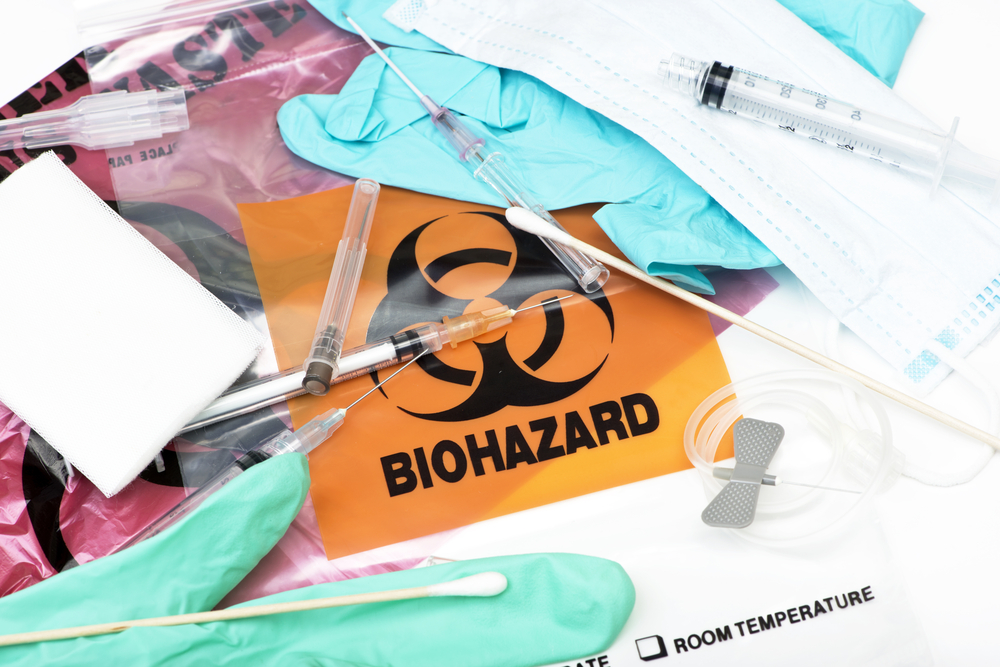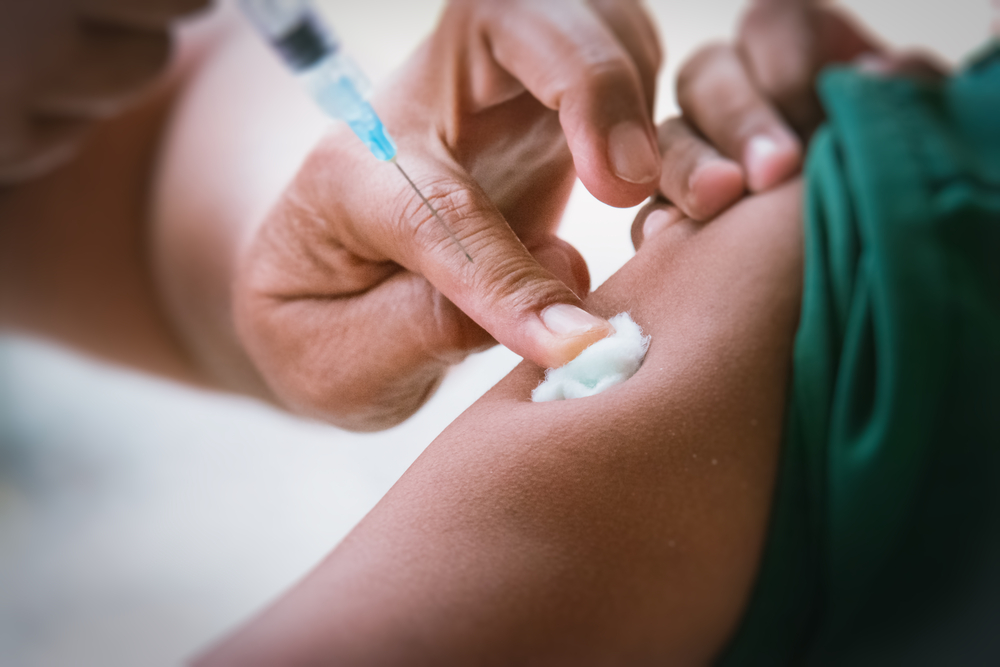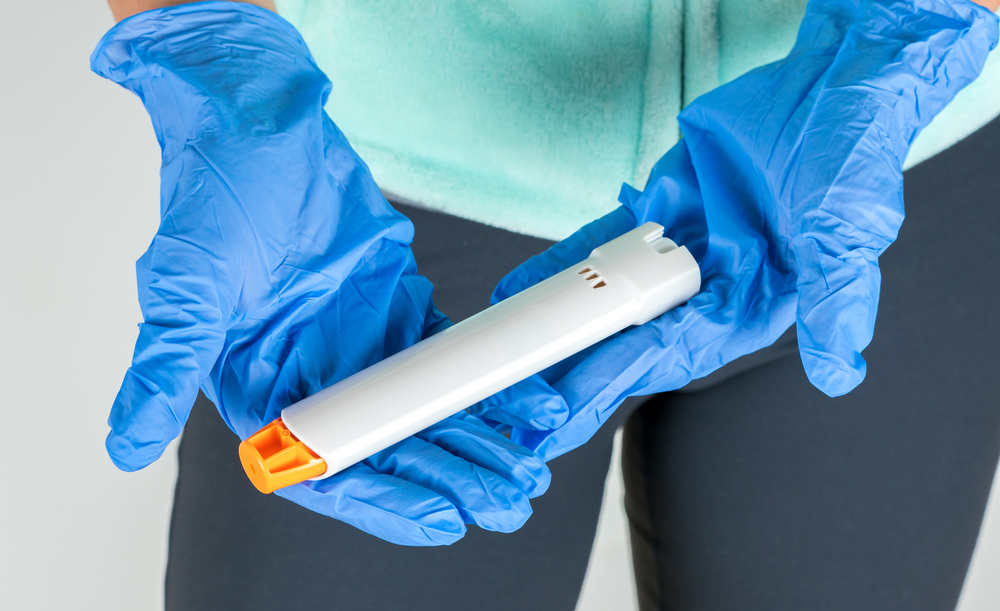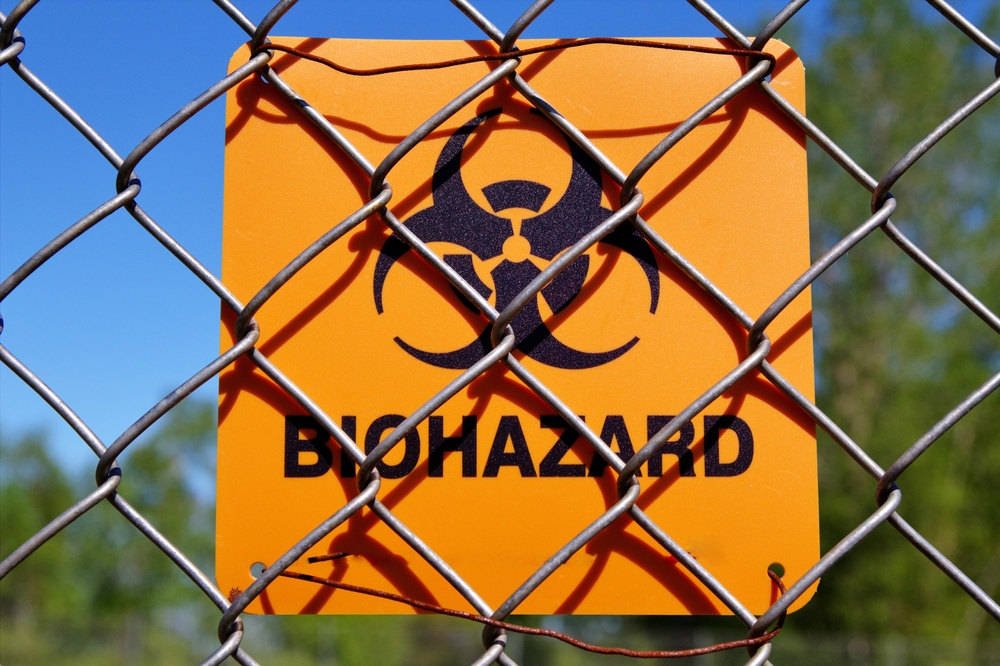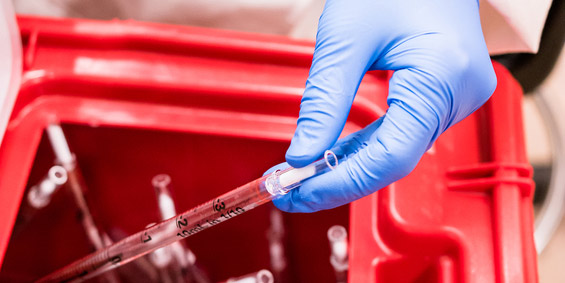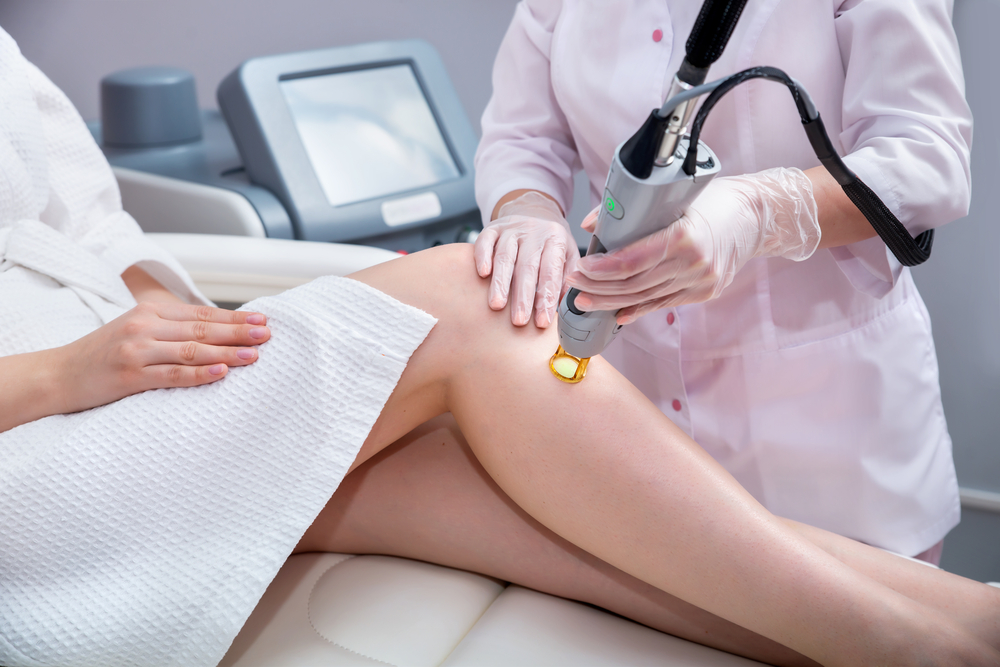Search results for: states
Sharps Waste At Home For Pets
Do you give your cat or dog injectable medication? Here’s how to handle at-home sharps waste. In a hospital or other medical facility, sharps waste is a common byproduct of care for patients. This includes needles, lancets, and scalpels contaminated with human or animal blood or tissue. For a pet owner in a home setting,…
Read MoreICYMI: PPE, OSHA & Healthcare Risk Management
Here’s what happened on the Red Bags blog in June…
Read More5 Medical Waste Best Practices for Small Quantity Generators
Small quantity generators don’t always have to abide by the same medical waste laws. Here’s what you need to know. All medical waste generators are required to handle infectious or hazardous waste in accordance with all local and federal laws. In many states, however, medical waste generators are usually classified by the volume of waste…
Read MorePersonal Protective Equipment (PPE) and Why It’s a Must for Worker Safety
As an employer, you must perform a hazard assessment of your workplace to determine if hazards require the use of personal protective equipment (PPE). Every person that stays in or visits a healthcare environment is at risk of acquiring an infection, but for healthcare workers, the risk is even greater. Workers are more susceptible to…
Read MoreICYMI: Plastics As Medical Waste, Sharps Safety Protocol, Expired Medications, and More
Food allergy awareness, plastics as hazardous waste, expired medication, and more on the Red Bags blog for the month of May. Here’s what you missed in medical waste disposal and management this month on the Red Bags blog… Epinephrine Auto Injectors: How Do We Dispose of Them? May is Food Allergy Awareness Month, and for…
Read MoreMay is also Hepatitis Awareness Month. How Is Your Sharps Safety Protocol?
Sharps related injuries are unfortunately still too common. Prevention and training are key factors to mitigating risk of hepatitis. May is designated as Hepatitis Awareness Month in the United States. During the entire month, the CDC works to shed light on this hidden epidemic by raising awareness of viral hepatitis and encouraging safety, vaccination, and…
Read MoreMay Is Food Allergy Awareness Month: Epinephrine Auto Injector Disposal
May is Food Allergy Awareness Month, a time to create awareness among the general public, and reduce the number of deaths caused by food allergies. Eating with caution is a way of life for nearly 15 million Americans living with food allergies. Living with a life-threatening medical condition is no doubt challenging, especially for children,…
Read MoreMedical Waste Pollution in the U.S.
Exactly how much pollution occurs in the U.S. is unknown, but minimizing what is incinerated is the goal for healthcare facilities. Believe it or not, medical waste removal and disposal is still a rather new topic considering the hundreds of years behind medical treatments and innovation. We started realizing the need for proper medical waste…
Read MoreMedical Waste Environmental Series: Packaging Your Medical Waste for Disposal
Medical waste packaging for pickup and transport is an important part of the disposal process. Here are some fast facts and tips. On-site management of regulated medical waste is a multi-pronged issue, as there are state and federal regulations, all of which cover packaging, disposal, handling, and removal. Many states require that facilities that deal…
Read MoreFebruary Blog Round-Up: Medi-spas, Barbershops, and Tattoo Parlors
Here’s what you missed this month on the Red Bags blog.
Read MoreMedical Waste Requirements for Medical Spas and Technicians: Laser Hair Removal
While performed in a spa-setting, laser hair removal is actually considered a medical procedure. Here’s what medical spas need to know. Laser hair removal is a popular medical spa treatment to help clients remove unwanted hair because of its long-lasting effects. While performed in a spa-setting, laser hair removal is actually considered a medical procedure…
Read MoreBotox, Dysport, and Medical Spa Injectables: Compliance Under Medical Waste Laws
Botox or Dysport, which are designed to treat lines and wrinkles, are most certainly considered medical waste. Here’s why.
Read More
